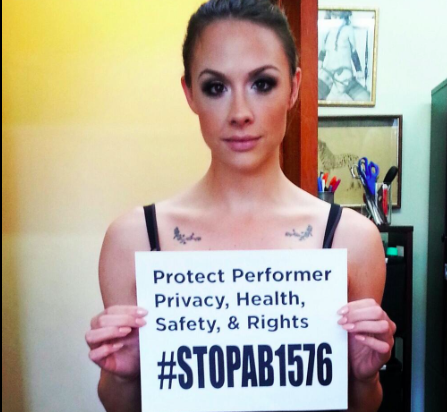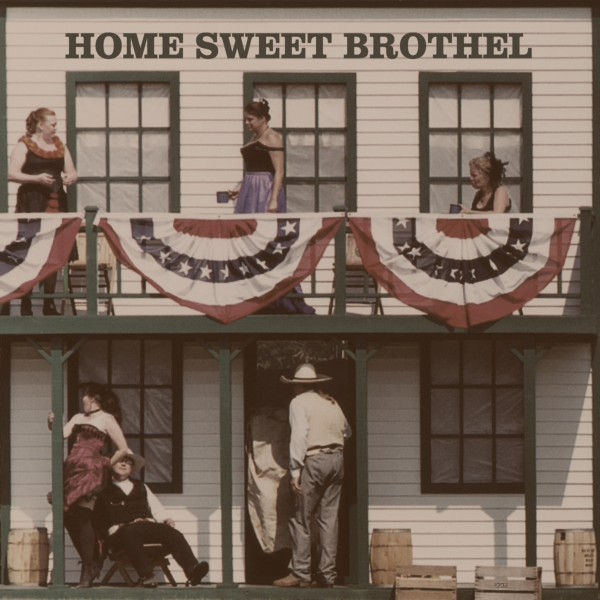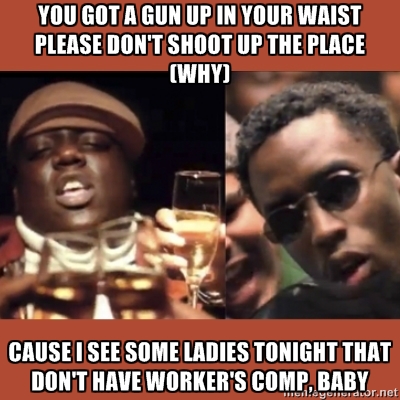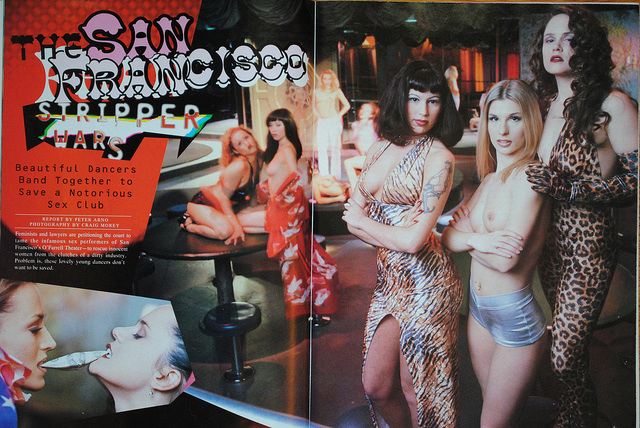Criminalizing Their Choices: Following Up on AB 1576
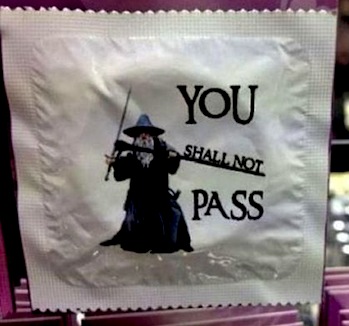 Now that California’s AB 1576—which would mandate condom use on porn sets—is in committee in the California State Senate, we wanted to follow up on our earlier coverage of the legislation. We asked two progressive porn performers, Jiz Lee and Conner Habib, about how they felt the proposed law would affect the future of California porn.
Now that California’s AB 1576—which would mandate condom use on porn sets—is in committee in the California State Senate, we wanted to follow up on our earlier coverage of the legislation. We asked two progressive porn performers, Jiz Lee and Conner Habib, about how they felt the proposed law would affect the future of California porn.
Jiz Lee is a genderqueer porn performer known for their genuine pleasure and unique gender expression. In the past nine years, Jiz has worked in over 200 projects spanning six countries within indie and mainstream adult genres, and balances sex work by working behind the scenes at Pink & White Productions, as well as writing and speaking about queer porn as a medium for social change.
Conner Habib is an author, gay porn star, and lecturer. His book, Remaking Sex, will be released in 2015 by Disinformation. His Twitter handle is @ConnerHabib.
Do you feel that AB 1576 will be helpful to porn performers?
Jiz Lee: Not at all. In fact, it will only be harmful. It legally controls (“forced consent”) the way performers have sex, eliminating—and criminalizing—their choices. It also creates major legal concerns that would force productions out of the state of California, creating relocation, decreased work opportunities, and other difficulties for performers and people working behind the scenes. Testing and barrier use is great! I should know! I’m a performer who is in the minority; because I perform infrequently and like to use my work to promote pleasure and safer sex practices, I often prefer to use barriers. I value having the choice to use risk-based assessment to practice safer sex, something I do on screen, and off. But this bill would do nothing to actually ensure safer practices and only make the situation worse. Having attended the Appropriations Hearing in Sacramento, it was obvious that the AHF and AB 1576’s sponsor, Isadore Hall, had no interest in listening to performers’ needs, including those of over two dozen industry professionals who traveled to City Hall to testify. It was incredibly disappointing.
Conner Habib: No!
